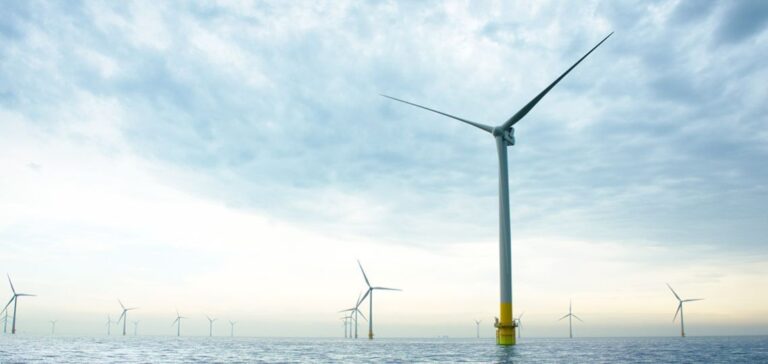Britain has increased the amount available at its latest auction to boost renewable energy projects by £22 million ($28 million), bringing the total to £227 million, the government said on Thursday.
Enhanced Financing for Renewable Energy in the UK: Targeting Carbon Neutrality
The decision comes after UK Energy Secretary Grant Shapps met industry leaders on Wednesday. To discuss investment in new energy projects to boost the country’s energy security and achieve its goal of carbon neutrality by 2050.
“This increase in funding should send a powerful signal to the industry, increasing developer confidence in the sector every year and strengthening the UK’s reputation as one of the most attractive places to invest,” the Department of Energy Security and Carbon Neutrality said in a statement.
Launched in 2014, the UK’s Contract-for-Difference (CfD) program offers renewable energy producers a guaranteed price for their electricity. The funding increase announced on Thursday is for its fifth CEC auction, which is currently open to applicants. Project promoters had warned that the last available funds would have to be increased to reflect the higher costs.
Last month, Sweden’s Vattenfall announced that it would halt development of its Norfolk Boreas offshore wind farm off the British coast. Because the CEC it won at last year’s fourth auction is no longer enough to make the project economical. In the fifth round, the budget for established technologies such as solar and offshore wind will rise from £170 million to £190 million, and for emerging technologies such as floating offshore wind from £35 million, the ministry said.






















